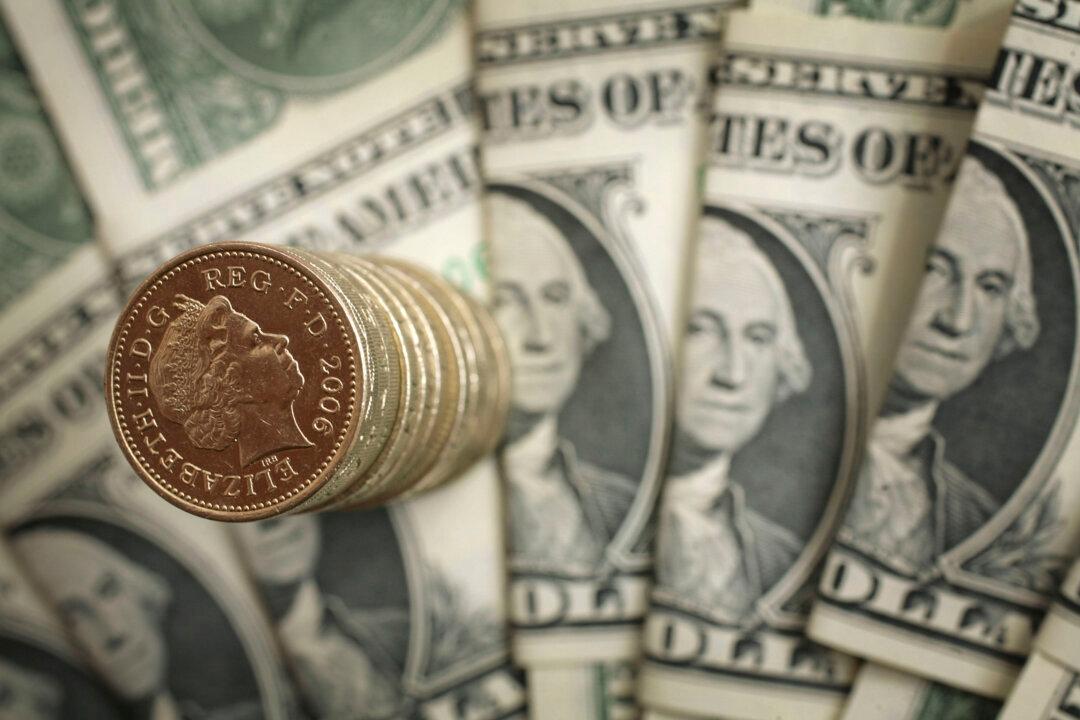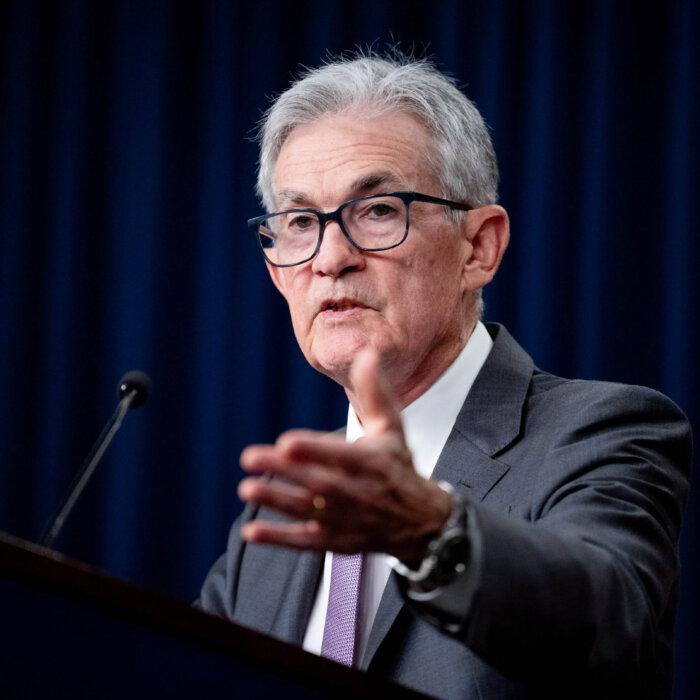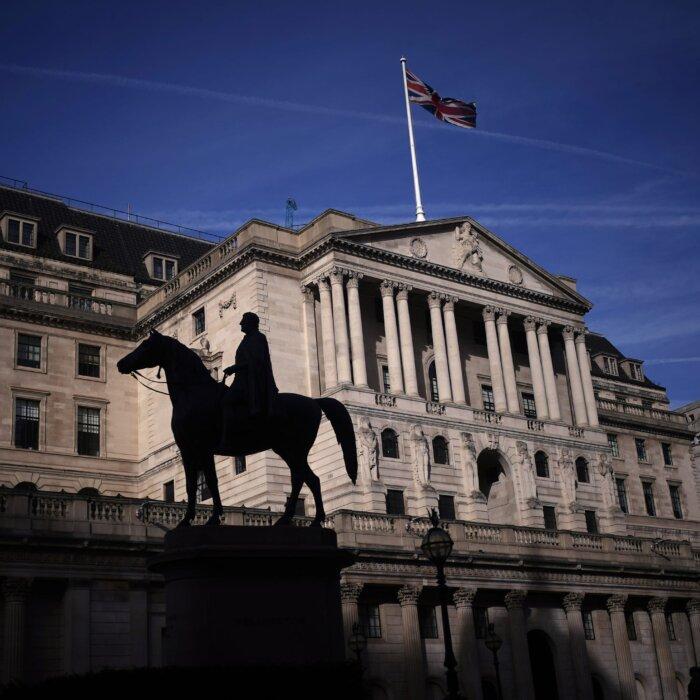The pound has reached a two-year high against the U.S. dollar amid expectations of a more cautious monetary policy by the Bank of England compared to the Federal Reserve.
Tuesday saw sterling peak at $1.3246 in the highest climb since March 2022. The two-and-a-half-year high stabilised around this value at the beginning of trading on Wednesday.
The dollar has been under pressure, following comments by the Federal Reserve Chair Jerome Powell at the Kansas City Fed’s annual economic conference in Jackson Hole on August 23.
Powell signalled that he will cut interest rates at the central bank’s next meeting in September.
“The time has come for policy to adjust. The direction of travel is clear, and the timing and pace of rate cuts will depend on incoming data, the evolving outlook, and the balance of risks,” said Powell.
Meanwhile, the Bank of England (BoE) has maintained a more cautious outlook when it comes to lowering the cost of borrowing.
The BoE has been maintaining a tight monetary policy in response to surging inflation and the post-pandemic economic crisis. After inflation rocketed to 11.1 percent in October 2022, the bank has been increasing interest rates almost on a monthly basis, reaching 5.25 percent in August 2023.
Interest Rate and Inflation
Powell’s comments come as the Federal Reserve’s preferred inflation gauge—the personal consumption expenditure price index—slowed to 2.5 percent. At the same time, the unemployment rate rose to 4.3 percent in July, the highest level since October 2021.Economists expect the Federal Reserve to kick off the interest rate loosening cycle with a larger 25 basis point (bp) cut in September.
Meanwhile, Bailey’s speech follows the easing in UK inflation and a drop to the BoE’s 2 percent target in June and a slight climb to 2.2 percent in July.
Although the BoE is seeing a lower level of inflation persistence than it expected a year ago, Bailey has warned that “the job is not completed.”
“We are not yet back to target on a sustained basis. Policy setting will need to remain restrictive for sufficiently long until the risks to inflation remaining sustainably around the 2 percent target in the medium term have dissipated further. The course will therefore be a steady one,” he said.
“We have no other choice given the situation that we’re in. So those with the broadest shoulders should bear the heavier burden,” Starmer said.
He also confirmed government plans to “crackdown” on those who claim special tax treatment known as non-domiciled, or non-dom, status.







